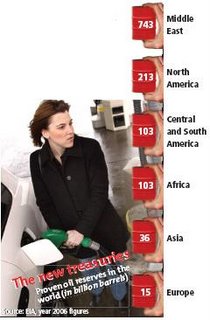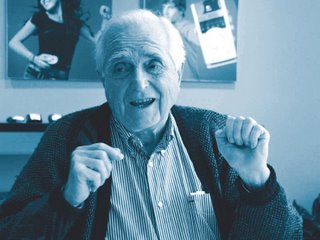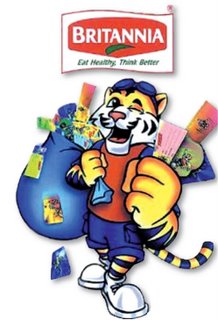At the guerilla extreme, Duracell showed two Bunnies racing in its commercial, where the bunny powered by Duracell battery won the race hands down, while the other bunny with a black battery lost the race. The voice-over at the end of the commercial dramatically stated, “While Duracell Alkaline keeps on running, Eveready Super Heavy Duty can’t keep up... With up to three times more power, Duracell always beats Eveready Super Heavy Duty.” How much further overt could one get? This Eveready damning ad ran on Australian TV; and even though Eveready sued Duracell, it was of no use since the court concluded that the ad was not showing anything that was untruthful.
For complete IIPM article click here
Source:- IIPM Editorial
Visit also:- IIPM Publication, Business & Economy & Arindam Chaudhuri Initiative
For complete IIPM article click here
Source:- IIPM Editorial
Visit also:- IIPM Publication, Business & Economy & Arindam Chaudhuri Initiative




